Due to Trump’s Policy Shift, Honda Delays Its Electric Vehicle Launch
Honda is being forced to adjust its ambitious electric vehicle strategy amid political changes in the U.S.
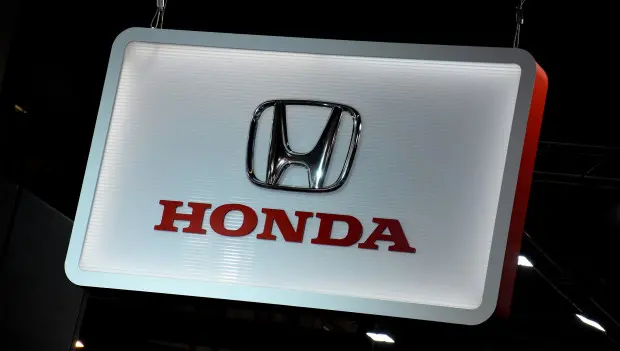
Honda has been compelled to revise its bold electric vehicle (EV) roadmap following recent shifts in American policy.
Speaking with reporters ahead of the Japan Mobility Show, Honda CEO Toshihiro Mibe said that decisions made by the Trump administration—particularly the repeal of the $7,500 federal EV tax credit—have set back the company’s electric program by at least five years.
According to Mibe, under the new policy, “the growth of the EV market is likely to be pushed several years into the future.” As a result, the company no longer sees an immediate need to launch affordable electric cars. Instead, Honda will concentrate on hybrid models, planning to upgrade their powertrains by 2027. The next-generation system will deliver more power and roughly 20% greater efficiency, with most components produced in the U.S. to avoid steep import tariffs.
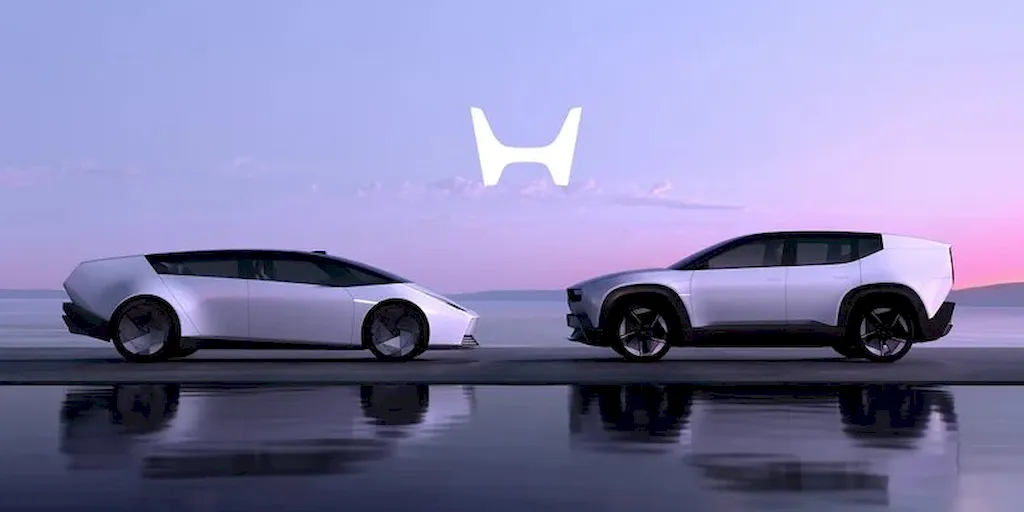
Honda now views 2030 as a potential turning point for the American EV market, when the government’s stance may become clearer. By then, the automaker expects to focus on premium 0 Series models—an electric sedan and SUV—while more affordable options, such as the compact Honda 0 α, will target overseas buyers.
Mibe emphasized that the main challenge remains battery costs: without a significant drop in prices, creating a truly budget-friendly EV is nearly impossible. For that reason, Honda is doubling down on hybrids. The company currently sells around 800,000 hybrid vehicles annually and aims to raise that number to 2 million by 2030.
Despite the delay, Honda isn’t abandoning electric development. After 2030, the company plans to expand the 0 Series lineup, potentially adding a larger all-electric SUV. However, as Mibe noted, a full-fledged “EV revolution” within Honda likely won’t take place until sometime between 2040 and 2050.
You may also be interested in the news:
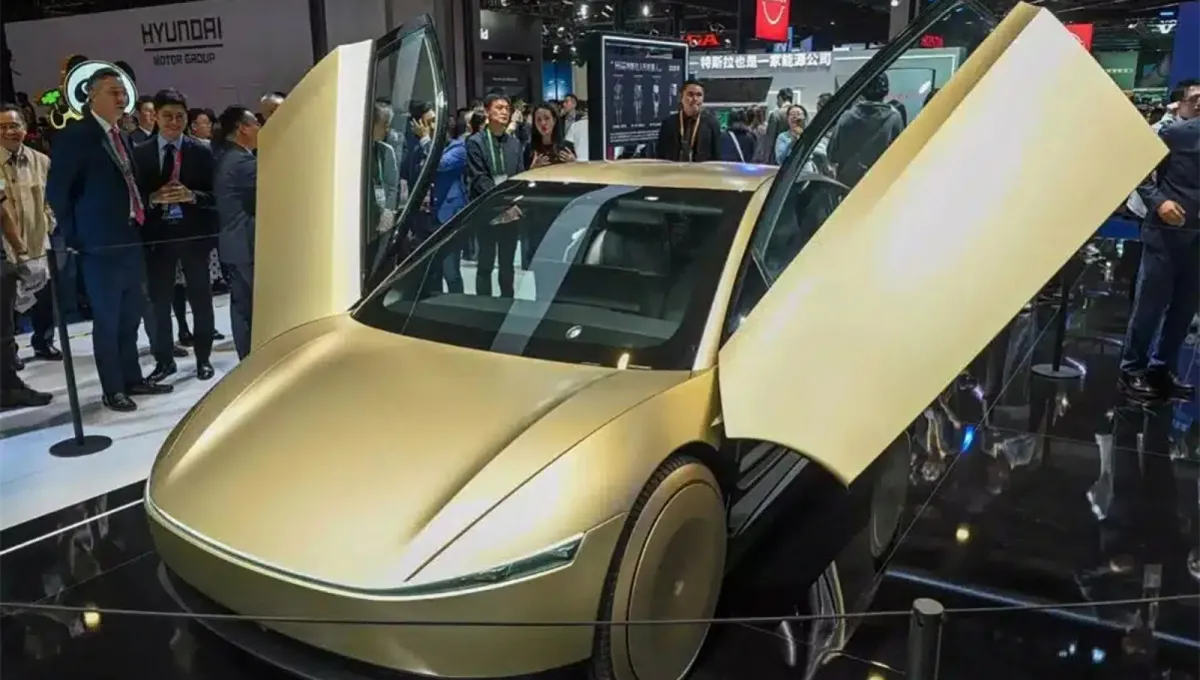
First Tesla Cybercab Rolls Off the Line: No Pedals, No Steering Wheel, 310-Mile Range
Tesla’s factory in Austin, Texas, has built the first Cybercab robotaxi — completely autonomous and without traditional controls.
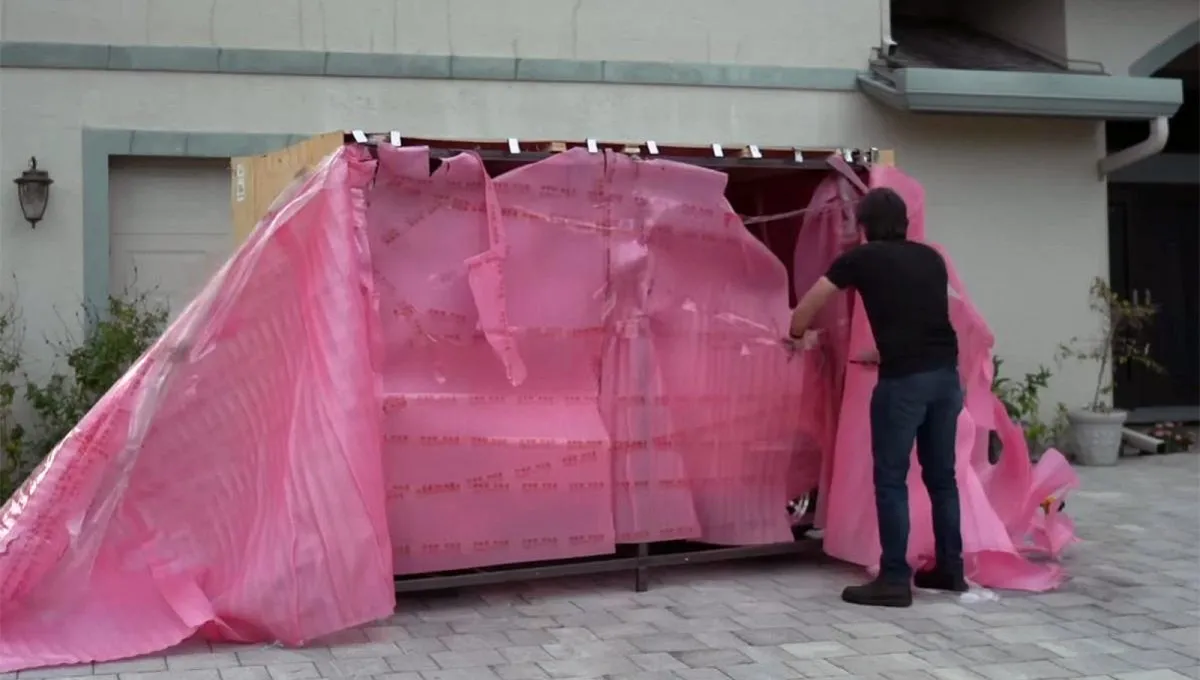
American Man Tests a Tiny Electric Car From China — and Is Shocked by How It Drives
This Chinese EV is smaller than a golf cart.
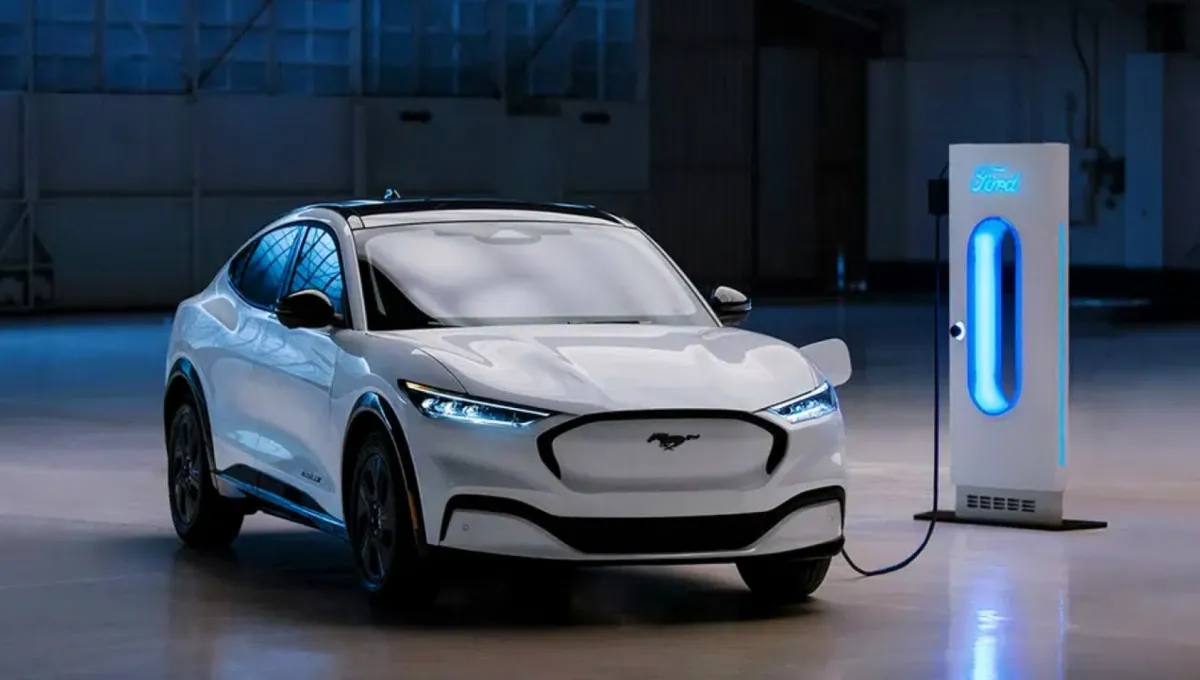
Are EVs Really More Reliable? Owners Are Complaining Less About Their Electric Cars
Analysts take a closer look at how satisfied electric vehicle owners are — and which models rank highest.
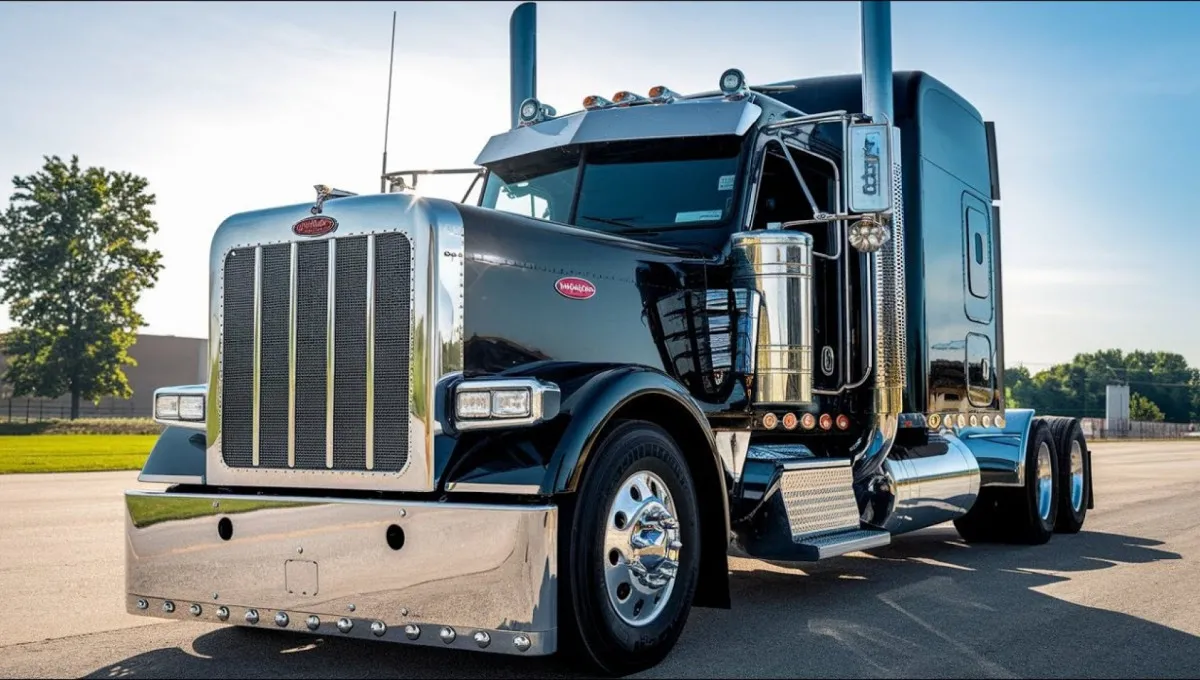
Peterbilt 379: How America’s Most Iconic Big Rig Became a Legend
In the United States, trucks like these are more than just machines — they’re part of a culture.
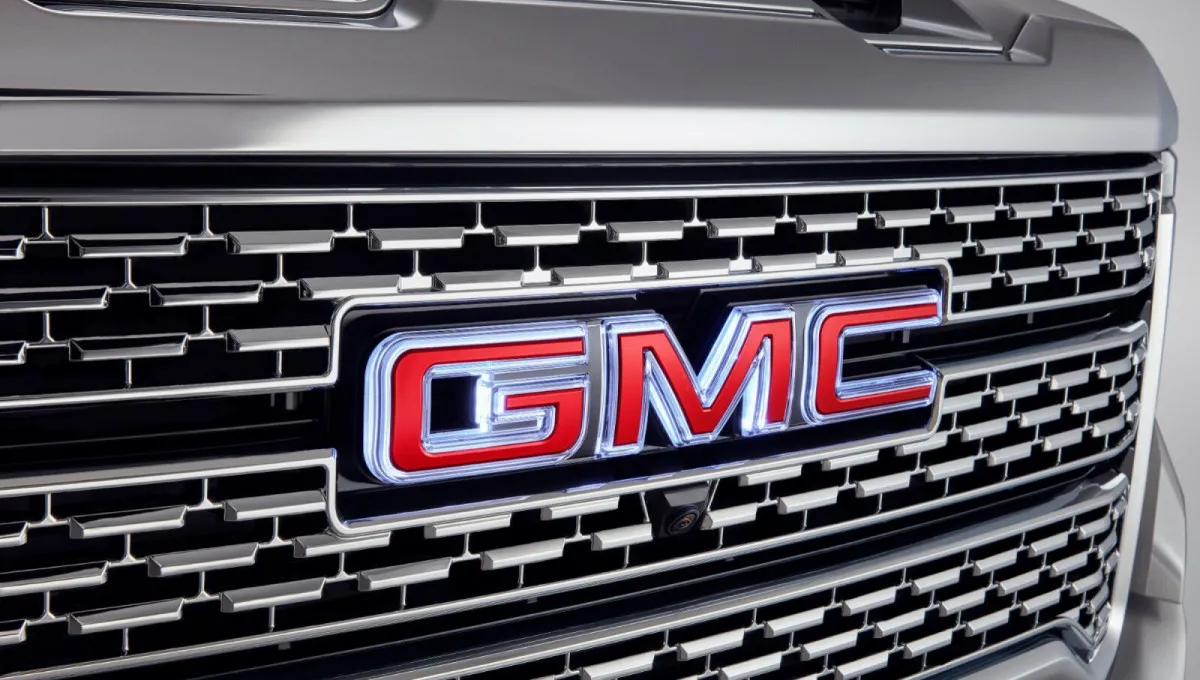
General Motors Bets Big on Pickups With Millions in New Investment
Bigger, newer, and more powerful: General Motors is ramping up investment in pickup truck production. Here’s what we know so far about the company’s plans.